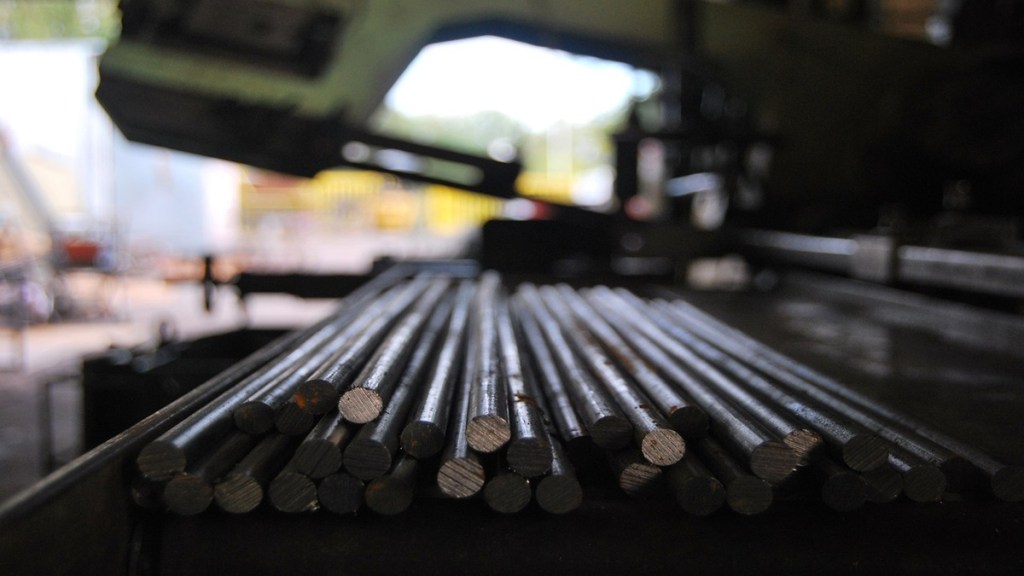The Factory Act and the Shop and Establishment Act are two distinct pieces of legislation that regulate different aspects of starting and doing a business including employment and labor conditions. While the Factories Act primarily focuses on regulating manufacturing processes and ensuring the welfare of workers in factories, the Shop and Establishment Act deals with the regulation of working conditions in commercial establishments and requires businesses to obtain a license for legal operation.
The Shop and Establishment registration is a fundamental business requirement that all shops and commercial establishments within a specific state or union territory must fulfill to conduct business activities. Governed by the Shop and Establishment Act of each state, this registration is mandatory for shops, offices, warehouses, restaurants, hotels, theaters, venues for public entertainment, or any location involved in the sale of goods and services, whether retail or wholesale. Entities operating in such spaces are obligated to obtain their shop and establishment license.
Additionally, home-based businesses and online or e-commerce enterprises need to obtain a license under the Shop and Establishment Act, typically within the initial 30 days of commencing operations. This license serves as evidence of your registered business and plays a crucial role in facilitating processes such as securing a bank loan or opening a bank account.
On the other hand, the Factories Act, 1948 mandates that specific factories meeting the conditions outlined in the Act must undergo registration and secure a factory license to safeguard the well-being of workers. Factory owners have the option to renew the factory license upon its expiration by submitting an application to the relevant state labor department or department of factories.
The factory license is required in case the factory has 10 or more workers involved in manufacturing with the aid of power and 20 or more workers in manufacturing without the aid of power.
It facilitates the application and acquisition of additional licenses and serves as a safeguard against penalties outlined in the Factories Act. The license ensures that owners implement necessary safety measures to enhance the welfare and health of their workers. Furthermore, acquiring a factory license makes owners eligible for government benefits offered through various schemes.
The factory license is issued by the relevant state department of labor and remains valid for a period ranging from one to five years, with the specific duration varying among states. Nonetheless, it is imperative for factory owners to initiate the renewal process for the factory license certificate before its expiration.


